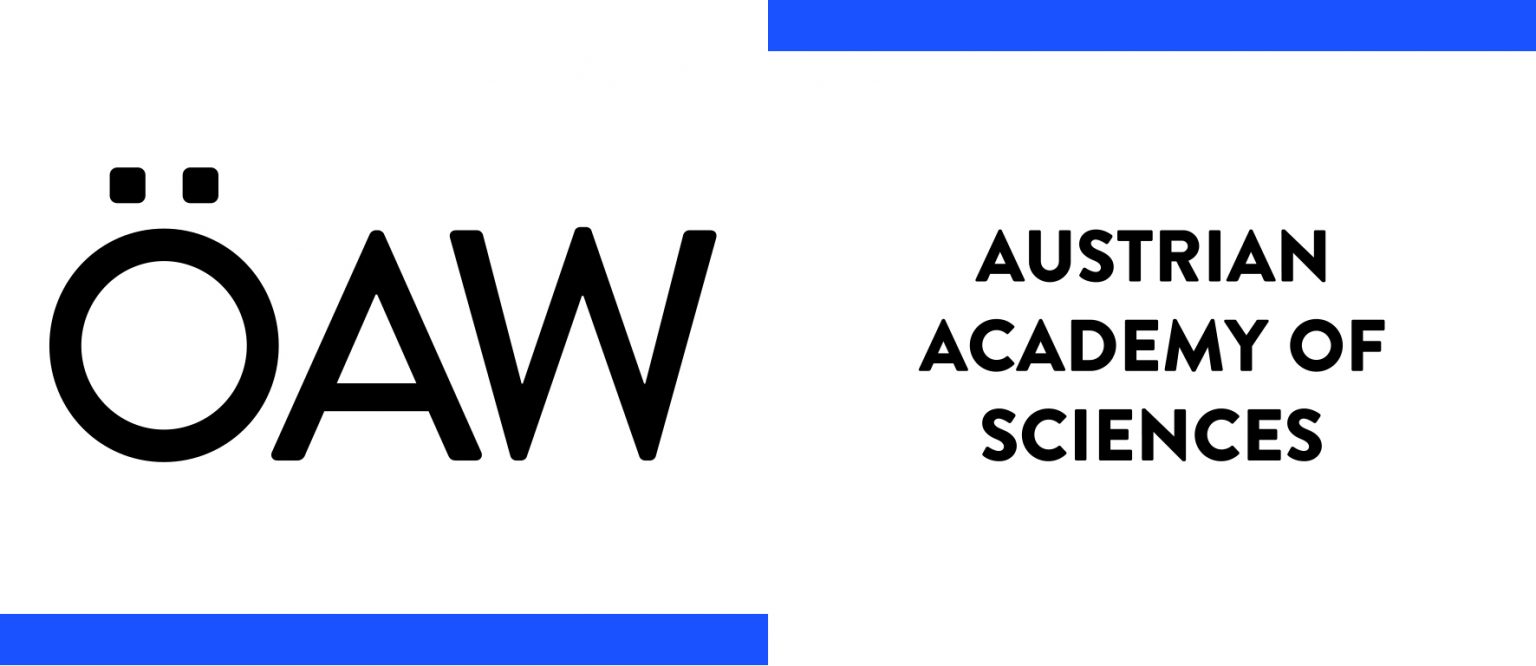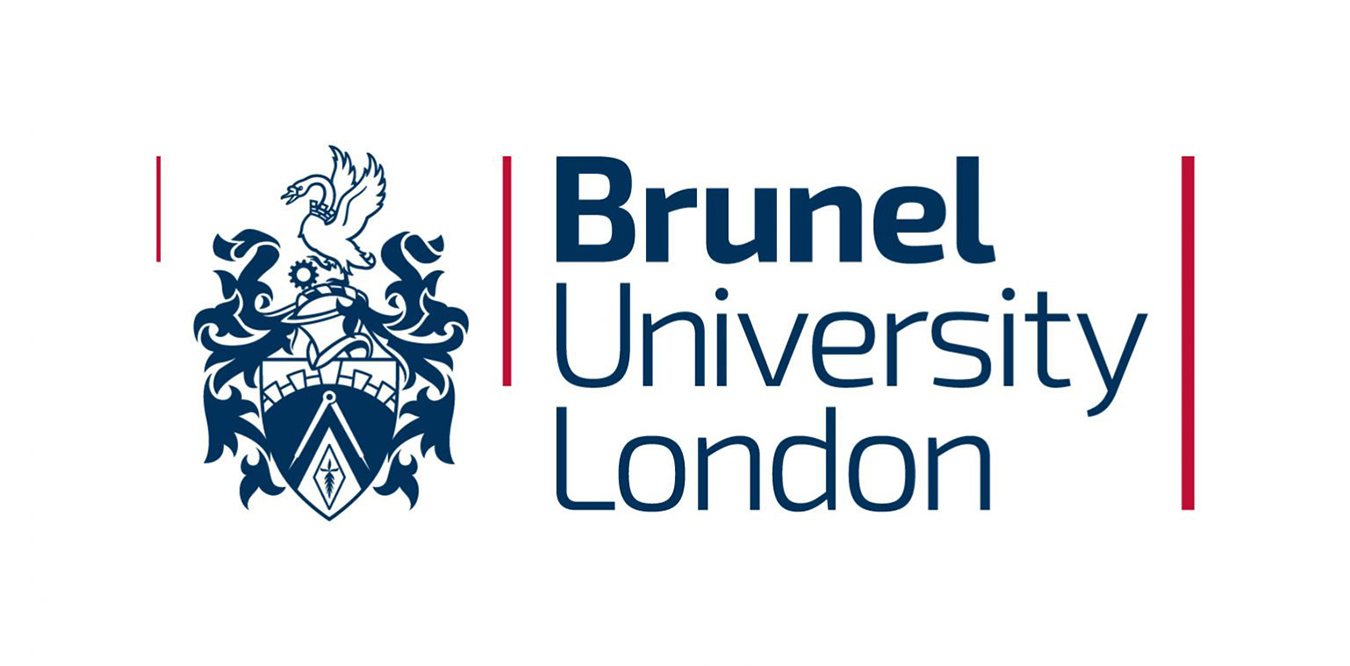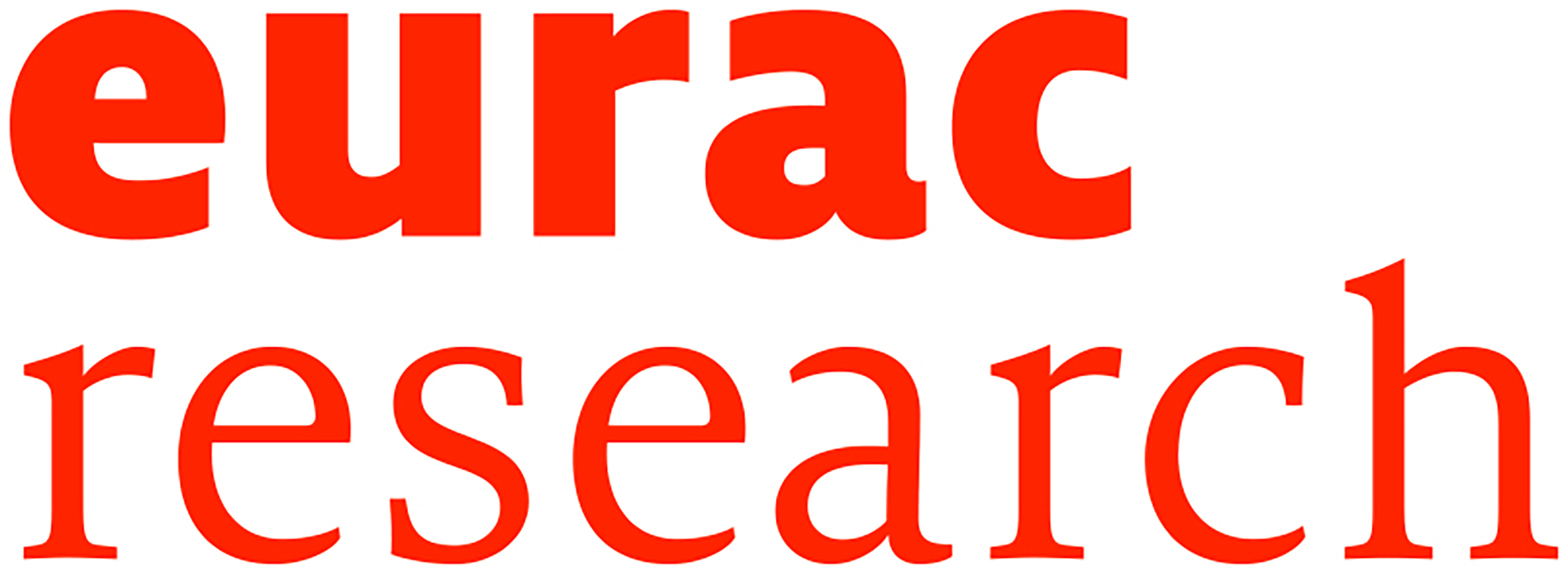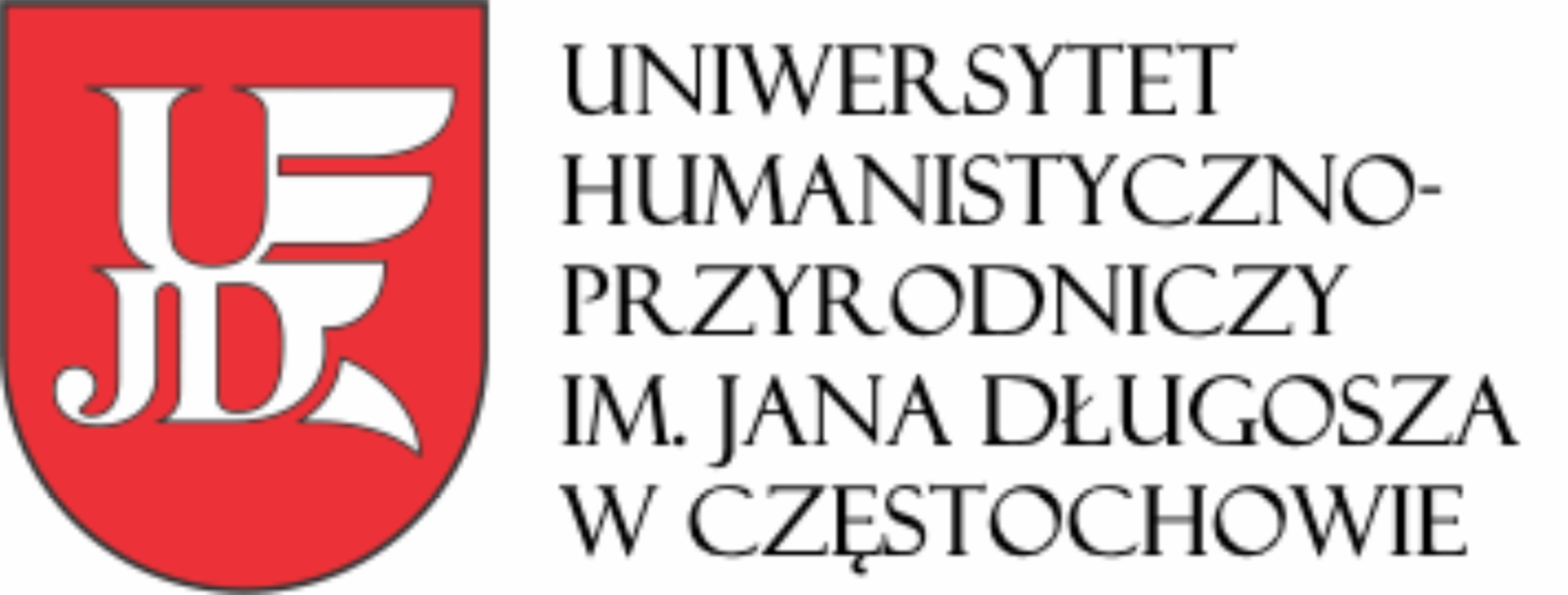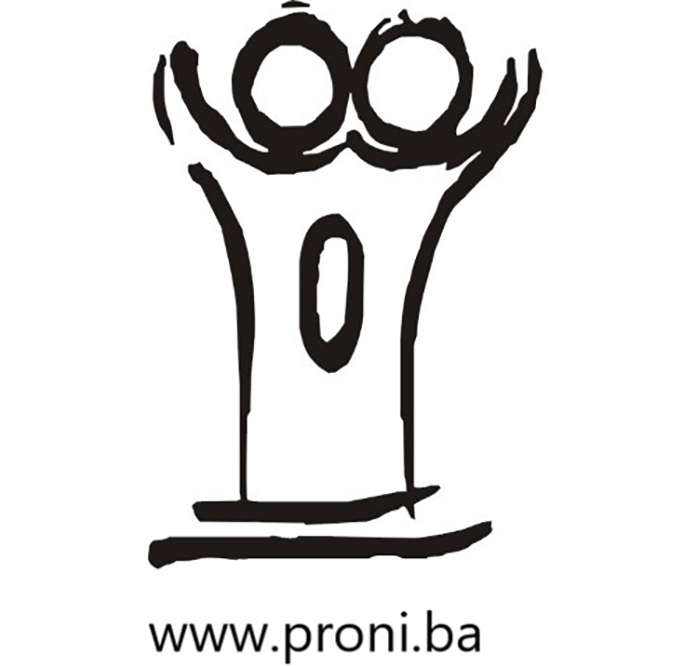

From a political viewpoint, the countries studied in the D.Rad project are diverse. Some are consolidated democracies, others are just beginning the democratization process, while others have been facing a backslide in recent years. The majority of the countries in the D.Rad project are members of the European Union and the Council of Europe, as well as contracting parties to the European Convention on Human Rights. These affiliations are significant because they impose obligations on the countries to respect and promote core values such as democracy, the rule of law, and fundamental rights.
Economically, the majority of the countries studied in the D.Rad project have developed market economies. This means that the decisions regarding what and how to produce and distribute are determined by the laws of supply and demand, and the state plays a limited role. Some countries made the transition to market economies after World War II, while others did so in the 1990s following the transition from communist systems.
From a socio-cultural point of view,it is interesting to note that the countries selected represent different traditions of thought and religions. These features explain why the comparative analysis in the D.Rad research shows quite a multifaceted picture, especially regarding tools and strategies to counter radicalism at the level of both preventive measures and de-radicalisation programmes. The D.Rad project offers a unique opportunity to study a diverse group of countries from different perspectives.
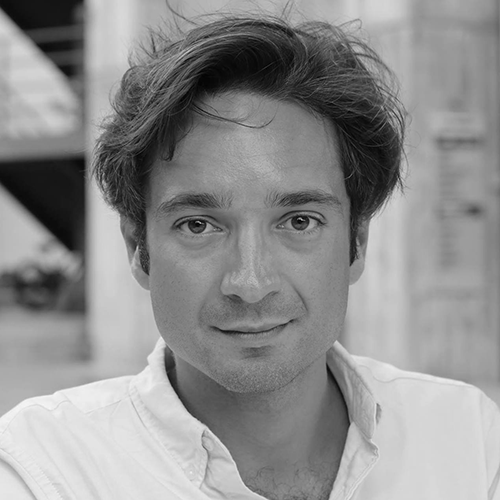
Ivo Furman is an assistant professor at Istanbul Bilgi University’s Faculty of New Media and Communication. He completed his PhD in Sociology at Goldsmiths College, University of London in 2015.
Ivo Furman is an
assistant professor at Istanbul Bilgi University’s Faculty of New Media and
Communication. He completed his PhD in Sociology at Goldsmiths College,
University of London in 2015. His research has been supported by numerous
institutions including the Arts and Humanities Research Council (AHRC), the
Danish Agency for Science and Higher Education, Turkish Science and Technology
Foundation (TUBITAK) and Stiftung Mercator. He is the co-editor and co-author of
“Politics of Culture in Contemporary Turkey”, published by Edinburgh University
Press in 2021. His most recent publication (2023) for Social Media + Society,
looks at Russian mis and disinformation efforts in the Turkish Twittersphere.
He is currently an academic consultant for “False Information in Turkey from the
Perspective of Media Users and Resilience to False Information”, a 2 year
research project funded by Turkish Science and Technology Foundation (TUBITAK).
He is also management committee member and grant awarding coordinator for
“Grassroots of Digital Europe: from Historic to Contemporary Cultures of
Creative Computing” (GRADE), a 4 year research grant funded by European
Cooperation in Science and Technology.
His research interests include digital sociology, media histories, computational
methodologies and Turkish studies.

Dr. Alper Kırklar is an influential filmmaker and professor of media in Istanbul. He specializes in implementing documentary practices into social media and interactive storytelling.
Dr. Alper Kırklar is an influential filmmaker and professor of media in
Istanbul.
He specializes in implementing documentary practices into social
media
and interactive storytelling. Currently a faculty member at Istanbul Bilgi
University School of Communication, Dr. Kırklar brings his expertise to shape
the minds of aspiring media professionals. His work explores the fusion of
traditional documentary techniques with the interactive elements of social
media, pushing the boundaries of storytelling and engaging audiences in new
ways. Through his academic contributions and practical endeavors, Dr. Kırklar
continues to inspire and influence the field of media and communication.
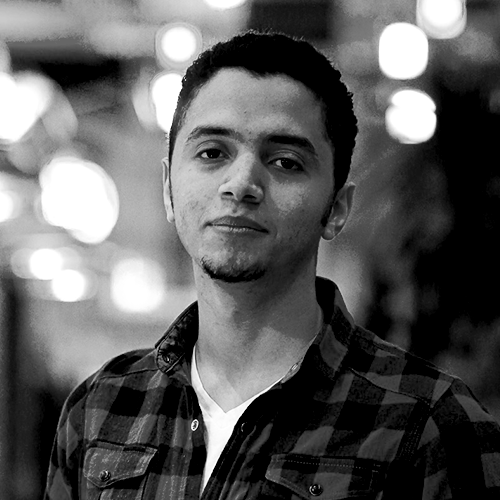
Abdullah has a strong academic background in Visual Communication Design. He obtained BA of Arts in VCD from Bahçeşehir University in Turkey. He is also highly experienced Graphic Designer with more than 7 years of experience.
Abdullah has a strong
academic background in Visual Communication Design. He obtained his Bachelor of
Arts degree in VCD from Bahçeşehir University in Istanbul, Turkey. Through his
undergraduate studies, he discovered his potential in communication both
visually and conceptually. He is Currently pursuing his Master of Arts degree in
Media and Communication Systems (M&CS) at Bilgi University, also located in
Istanbul.
He is also a highly experienced Graphic Designer with more
than seven years of experience, he has acuminated creative and technical
abilities to deliver exceptional results for diverse customer projects. Whether
it's designing branding materials, creating engaging social media content, or
crafting captivating print and digital campaigns, his expertise allows him to
seamlessly merge form and function to produce visually stunning outputs.

Trained as an architect and designer, I specialize in data visualization and mapping. As the Interim Director of Spatial Analysis and Visualization Initiative at the Pratt Institute at Brooklyn, NY.
Trained as an architect and designer, I specialize in data visualization and mapping. As the Interim Director of Spatial Analysis and Visualization Initiative at the Pratt Institute at Brooklyn, NY. I work on community oriented data analytics projects with a focus on visual communication of information to the public at large. Since 2019, I have been an organizing member of Data Through Design, an annual exhibition that brings together work exploring artistic interpretations of information. I am also a co-founder of Bits‘n Bricks, a research group which provides consultancy on data-based design services and investigates the potential of emerging digital technologies in improving urban environments.
